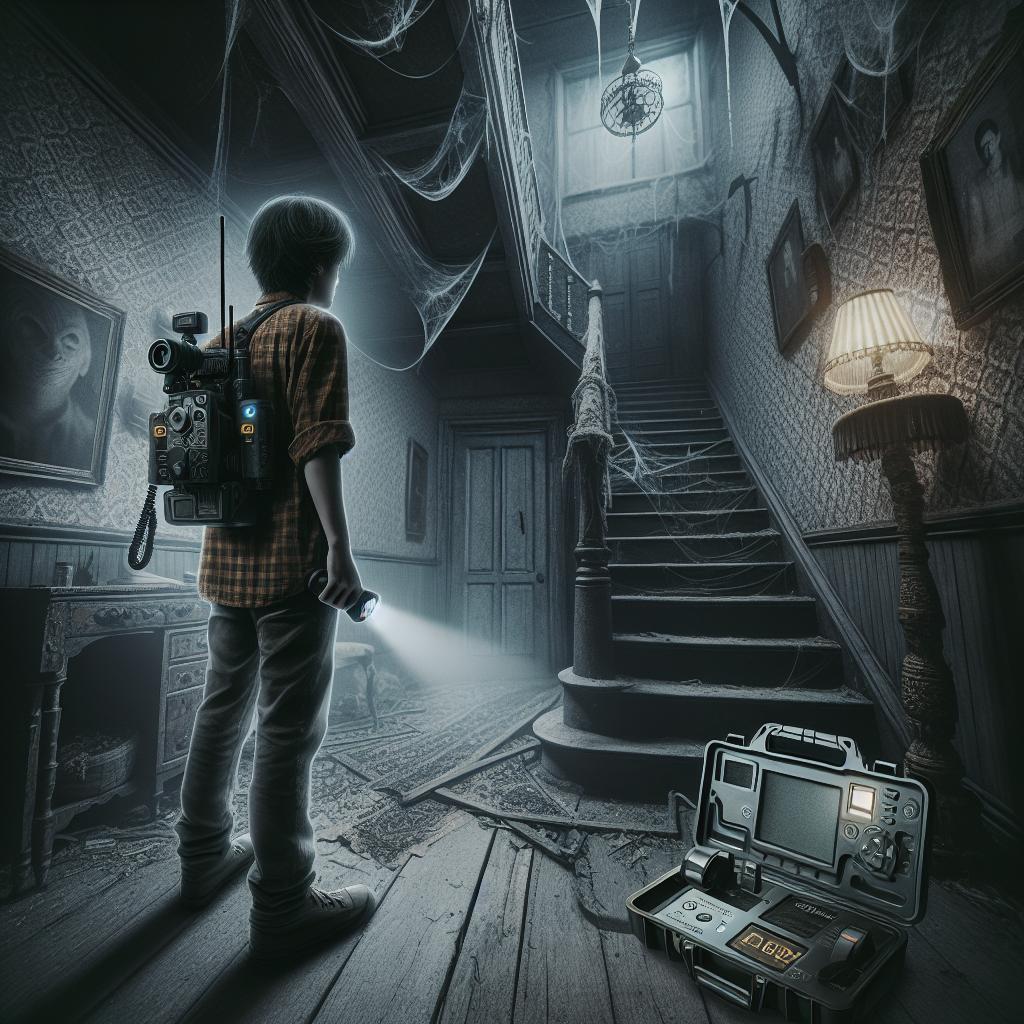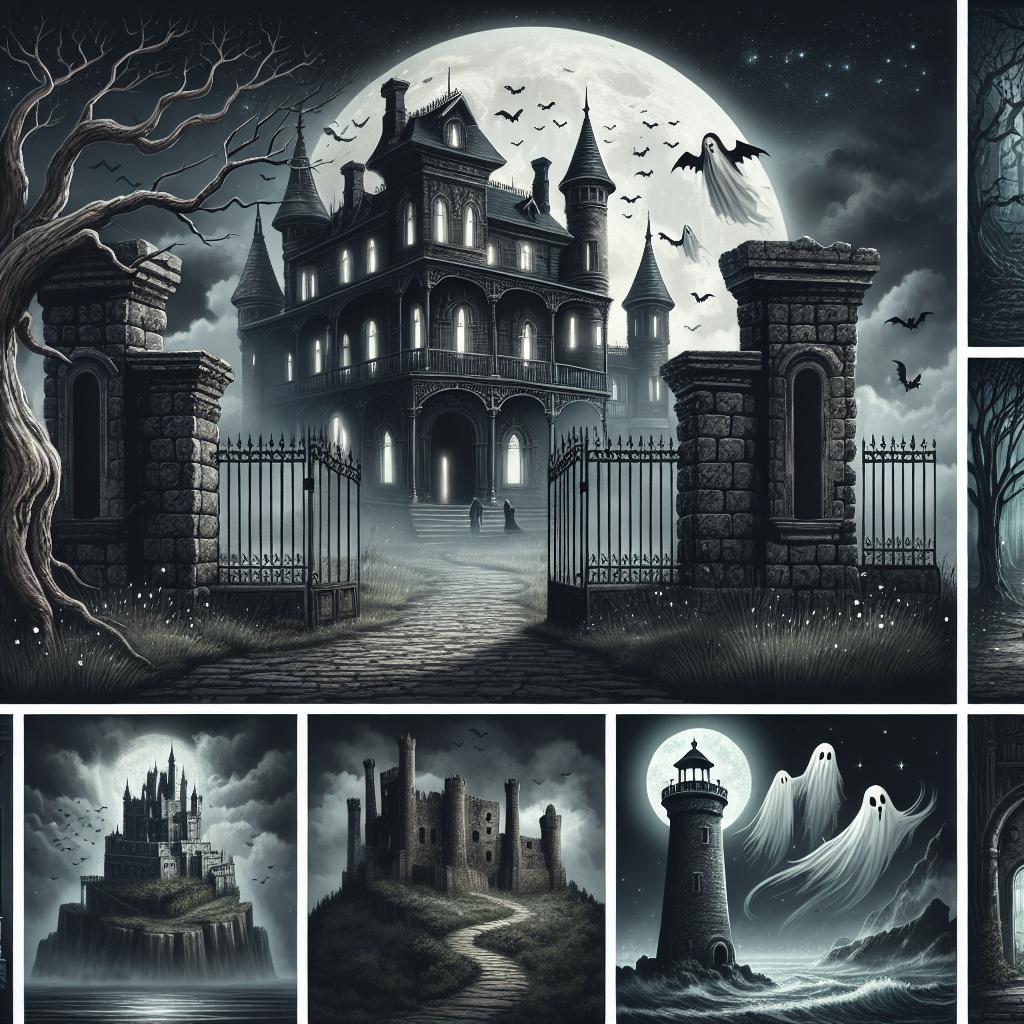“`html
The Connection Between Ghosts and Unfinished Business
Introduction: The concept of ghosts being tied to unfinished business has permeated human culture for centuries. From ancient folklore to modern-day literature and film, the idea that spirits linger due to unresolved matters has sparked both fear and fascination. This blog post delves into this intriguing connection, exploring tales, theories, and psychological implications. By examining cultural stories, expert insights, and common interpretations, we seek to understand why the notion of unfinished business remains central to ghostly lore. This exploration offers a multifaceted view, reflecting on how personal or collective experiences might contribute to such supernatural beliefs.
Abstract
Throughout history, the notion of ghosts bound by unfinished business has intrigued societies worldwide. Whether it is a spirit seeking justice or a soul yearning for the completion of earthly duties, these restless entities offer insight into human fears and desires. This section explores various cultural interpretations and potential psychological roots of this persistent belief. By acknowledging the timeless allure of such stories, we can better understand why this concept continues to resonate across generations.
Folklore from many traditions emphasizes the importance of resolving one’s affairs before death. Notably, spirits often appear not to haunt indiscriminately but to address specific, unresolved concerns. This idea taps into a human fear of leaving tasks or relationships incomplete, reflecting values of closure and duty. By examining the tales and spiritual beliefs that highlight this connection, we gain a deeper appreciation of the cultural significance attached to this supernatural phenomenon.
Main Article Content
The recurring theme of ghosts associated with unfinished business has evolved over time, yet remains a central narrative in both mythology and modern story-telling. Literature and media consistently portray restless spirits burdened by unresolved issues. From classic novels to contemporary cinema, the portrayal of these ghosts often emphasizes a need for closure that transcends death. These portrayals not only entertain but also explore unresolved human emotions, enhancing our empathy for characters who grapple with the past.
The psychological interpretation of ghosts as manifestations of unfinished business provides further insight. Some scholars suggest that ghostly apparitions are projections of our internal conflicts or guilt, serving as metaphors for unresolved issues in our personal lives. By personifying these internal conflicts, individuals may find catharsis or a subconscious motivation to address neglected aspects of their lives. As such, this enduring connection serves as a bridge between the living and the unresolved aspects of life’s journey.
Article Sidebar
Essentially, the relationship between ghosts and unfinished business also sheds light on the cultural obsession with life after death. Many spiritual beliefs and religious doctrines posit an afterlife where souls are rewarded, punished, or remain tethered to the earthly realm. In some cultures, rituals and practices aim to pacify restless spirits or ensure that the deceased can transition peacefully. This underscores a universal concern with ensuring that one’s worldly deeds are complete, resonating across time and geography.
Further, ghost stories often serve as cautionary tales or moral lessons. In some traditions, they encourage individuals to live honorable lives, suggesting that unresolved wrongdoings or regrets can result in an incomplete departure from this world. This notion emphasizes personal responsibility and the societal expectation for individuals to remedy their faults to find eternal rest. As such, the correlation between ghosts and unfinished business speaks to a wider cultural preoccupation with morality and the consequences of one’s actions.
Article Details
Academic perspectives provide structural frameworks for understanding the ghost-unfinished business connection. Various psychological theories suggest that belief in ghosts can stem from anxiety about mortality and the desire for immortality. Other research highlights the phenomenon of “grief personification,” where people visualize their grief as an external entity, often resembling a ghost. This can help explain why tools like séances or spiritual mediums have historically sought to provide solace by communicating with the departed.
Moreover, sociological studies reveal that the perception of spirits with unfinished business may be a social construct that fulfills a human need for narrative closure. Communities often create stories to explain tragedies or unexpected deaths, attributing unexplained phenomena to the presence of spirits unable to move on. These stories can foster collective healing and provide a sense of continuity amidst loss, allowing individuals and communities to cope with the uncertainties of life and death.
Next Steps
| Main Idea | Details |
|---|---|
| Cultural Interpretations | Stories from folklore illustrate the importance of resolving one’s affairs before death, highlighting the cross-cultural significance of ghosts with unfinished business. |
| Psychological Insights | These stories may serve as metaphors for internal conflicts, encouraging individuals to confront unresolved issues in their lives. |
| Spiritual Beliefs and Practices | Rituals and religious doctrines aim to ensure peace for the deceased, reflecting a universal desire for closure in life and beyond. |
| Academic Perspectives | Theories on mortality anxiety and grief personification offer nuanced understanding of the ghost-unfinished business phenomenon. |
“`


